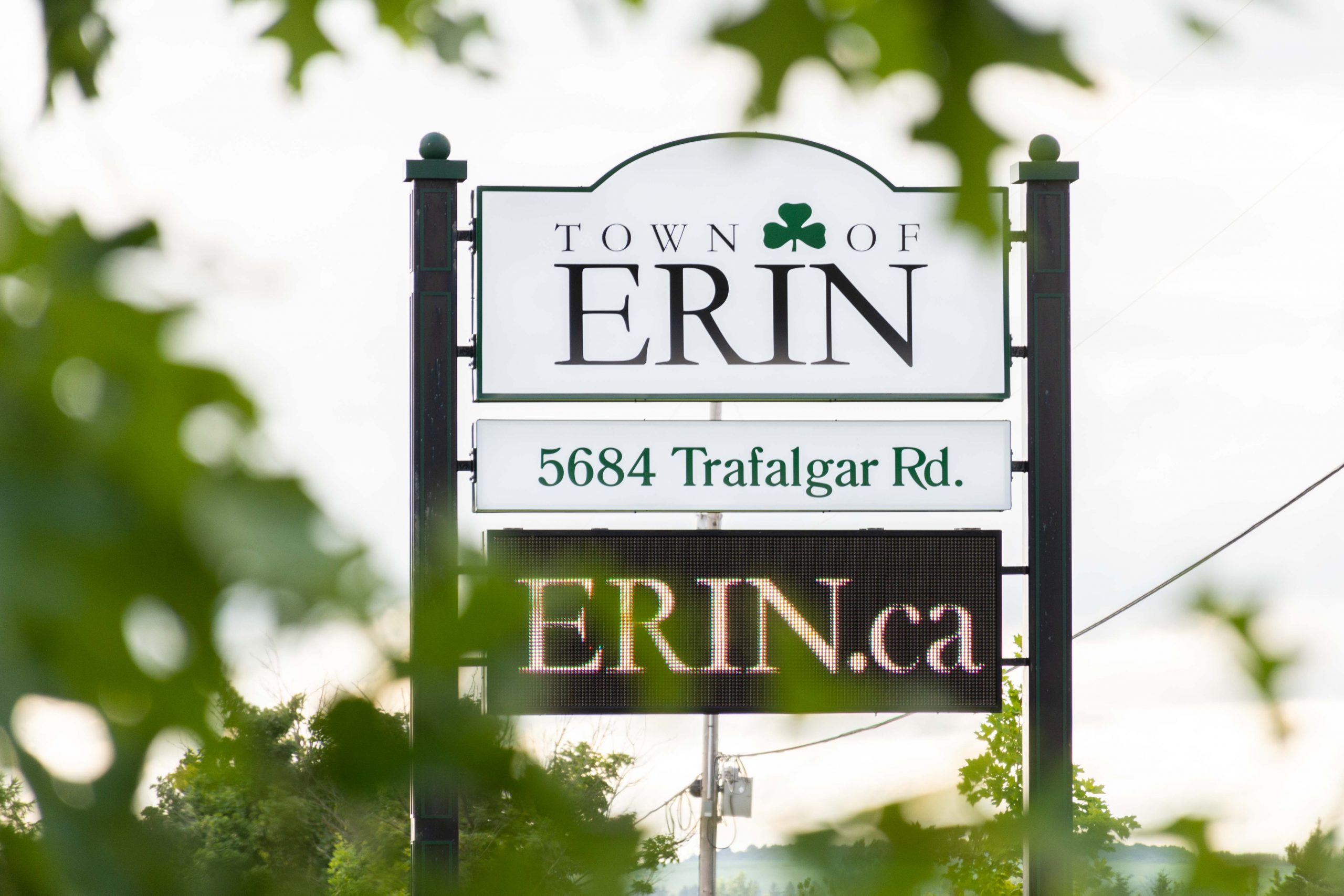ERIN – A deficit of $156,000 reported in Erin’s books had some councillors wondering if the town may be over its operating budget in the final quarter of 2023.
Third-quarter financial results were reported to council by treasurer Wendy Parr on Jan. 18.
“Overall net program budget spent should be at 75% compared to actual results at average 77%,” Parr noted in a report to council.
As of Sept. 30, the entirety of the fire service’s nearly $1-million-budget had been spent — the only department to do so — prompting some councillors to ask fire chief and interim CAO Jim Sawkins about getting variances under control.
“I have great faith in you,” councillor Bridget Ryan told Sawkins before asking about reserves to fall back on if the service’s spending remains over budget.
It’s illegal for municipalities to run operating budget deficits in a single year, so municipalities can tap into reserves to settle unforeseen budget overages.
Parr said there isn’t a particular reserve to service fire department overspending.
Rather, all department overages are considered as a whole and then dealt with by moving money around from various reserves.
“I’m still hopeful that there is not going to be [a deficit] at the end of the year,” she added.
Councillor John Brennan asked Sawkins whether he expects the service to go over the $997,756 budget by the end of the final financial quarter.
The chief allayed fears, drawing council’s attention to income yet to be factored into the fourth quarter, including fees charged for responding to fires, and an invoice yet to be paid by East Garafraxa for an automatic aid agreement that sees Erin responding to fire calls there.
More clarity on the situation is anticipated in Parr’s fourth-quarter financial report.
Speaking to the overages, Sawkins highlighted an “unexpected” replacement of boots and helmets that had reached safety expiry dates, as well as the outfitting of new recruits.
According to Parr’s report, there were budget variances of more than 100% in service agreements, winter control, maintenance, repairs, natural gas billing and insurance.
More specifically, service fees were high because of:
- dispatching fees from Guelph and Halton;
- there was more snow control required than anticipated;
- significant fire truck repair and preventative maintenance was performed;
- benches and training equipment were purchased; and
- Enbridge Gas increased fees; and an annual insurance premium was paid.
When it came to capital expenses, the town has shelled out $1.3 million, as of Sept. 30, 2023 — exclusive of wastewater-related spending.
Some of the capital spending in 2023 includes:
- town hall furniture;
- digital data storage;
- electronic messaging signs at Erin and Hillsburgh fire stations;
- paving;
- management fees for culvert and bridge projects;
- a tandem-axle snowplow;
- Erin and Hillsburgh community centre upgrades;
- Station Street lighting; and
- new department vehicles, including one electronic vehicle for bylaw use.
With $40.18 million in spending related to the wastewater treatment plant, the entirety of which is covered by developers, the total capital spending in Erin in the third-quarter report is $41.5 million.
There is ongoing capital work on the second floor of Station 50, engineering for bridge and culvert work, parks and recreation improvements, replacement of aging water meters, and work related to the new wastewater treatment plant.




